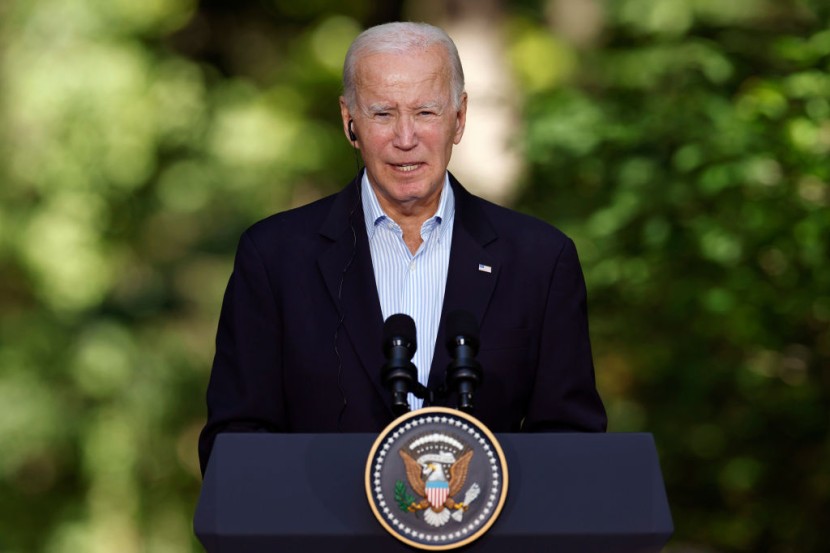The Biden administration announced $667 million in new grants and loans on Monday to expand broadband infrastructure in rural areas of the United States, continuing its goal for internet access for all by 2030.
The 37 new beneficiaries mark the fourth funding cycle for the program, known as ReConnect in the United States, as reported by KSAT. Agency for Agriculture. Grants and loans announced in April and June totaling $771.4 million were awarded to an additional 37 projects.
The funding coming through government broadband schemes, such as the one announced on Monday and the $42.5 billion infrastructure program described earlier this summer, will result in a new iteration of "the electrification of rural America," Landrieu said, using a popular Biden administration mantra.
The Californian Ponderosa Telephone Co. earned the largest grant, receiving more than $42 million to build fiber networks in Fresno County.
According to the USDA, just one endeavor alone will assist more than 1,200 people, 12 farms, and 26 additional businesses.

The new awards were given to telephone cooperatives, counties, and telecommunications firms with headquarters in 22 states and the Marshall Islands.
The federal government defines locations receiving the extra funds as "underserved" in broadband terms if at least half of the households do not have access to internet speeds of 100 megabits per second download and 20 Mbps upload. It is the responsibility of the receivers to develop networks that increase those rates to at least 100 Mbps upload and 100 Mbps download for every home, company, and farm within their service areas.
The investments, according to Agriculture Secretary Tom Vilsack, may open up new business opportunities for farmers, enable those without easy access to medical care to consult with specialists via telemedicine and expand academic options like Advanced Placement classes in high schools.
Read also: Net Neutrality: FCC Reclassifies Broadband Internet to 'Retail' and 'Back-End'
Addressing Broadband Needs
According to the Federal Communications Commission (FCC), 22.3% of Americans in rural areas lack coverage from fixed terrestrial 25/3 Mbps broadband, as compared to only 1.5% of Americans in urban areas.
This means that millions of Americans in rural areas do not have access to high-speed internet, which is essential for work, school, healthcare, and other essential activities.
There are a number of factors that contribute to the lack of broadband infrastructure in rural areas. One is the high cost of deploying broadband infrastructure in rural areas, due to the need to cover longer distances and the lack of existing infrastructure.
There is also a low population density in rural areas, which makes it less profitable for internet service providers (ISPs) to invest in broadband infrastructure.
Related article: Biden Unveils $930 Million Grant Program To Boost Internet Connectivity in Rural America
© 2025 HNGN, All rights reserved. Do not reproduce without permission.








